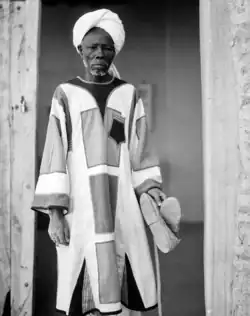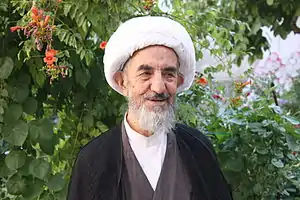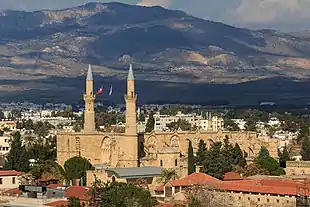Portal:Islam
| Al-Islam Portal | What is Islam? | Indices | Wikiproject | Categories |
Wikipedia portalsIntroductionIslam (/ˈɪslɑːm/; Arabic: ۘالِإسْلَام, al-ʾIslām [ʔɪsˈlæːm] ⓘ, transl. "Submission [to the will of God]") is an Abrahamic monotheistic religion centered on the Quran and the teachings of Muhammad. Adherents of Islam, called Muslims, number approximately 1.9 billion globally and are the world's second-largest religious population after Christians. Muslims believe that Islam is the complete and universal version of a primordial faith that was revealed many times through earlier prophets, the most important being Adam (believed to be the first man), Noah (Nuh), Abraham (Ibrahim), Moses (Musa), and Jesus (Isa). Muslims consider the Quran to be the verbatim word of God and the unaltered, final revelation. Alongside the Quran, Muslims also believe in previous revelations, such as the Tawrat (the Torah; from Hebrew: תּוֹרָה), the Zabur (Psalms), and the Injeel (Gospel). These earlier revelations are also associated with Judaism and Christianity, which are regarded by Muslims as earlier versions of Islam. They also consider Muhammad as the main and final Islamic prophet, through whom the religion was completed. The teachings and normative examples of Muhammad, called the sunnah, documented in accounts called the hadith, provide a constitutional model for Muslims. Islam teaches that God (Allah) is one and incomparable. It states that there will be a "Final Judgment" wherein the righteous will be rewarded in paradise (Jannah) and the unrighteous will be punished in hell (Jahannam). The Five Pillars—considered obligatory acts of worship—comprise the Islamic oath and creed (shahada); daily prayers (salah); almsgiving (zakat); fasting (sawm) in the month of Ramadan; and a pilgrimage (Hajj) to Mecca. Islamic law, sharia, touches on virtually every aspect of life, from banking and finance and welfare to men's and women's roles and the environment. Prominent religious festivals include Eid al-Fitr and Eid al-Adha. The three holiest sites in Islam in descending order are Masjid al-Haram in Mecca, Al-Masjid an-Nabawi in Medina, and Al-Aqsa Mosque in Jerusalem. The religion of Islam originated in Mecca about 610 CE. Muslims believe this is when Muhammad began receiving revelation. By the time of his death, most of the Arabian Peninsula had converted to Islam. Muslim rule expanded outside Arabia under the Rashidun Caliphate and the subsequent Umayyad Caliphate ruled from the Iberian Peninsula to the Indus Valley. In the Islamic Golden Age, mostly during the reign of the Abbasid Caliphate, much of the Muslim world experienced a scientific, economic and cultural flourishing. The expansion of the Muslim world involved various states and caliphates as well as extensive trade and religious conversion as a result of Islamic missionary activities (dawah), and through conquests. (Full article...) Selected articleFeatured pictureIn this month
Islam in the news
Selected biography
Did you know...
WikiProjects
Religion
Islam
Ahmadiyya • Shi'a Islam • Sunni Islam • Hadith • Salaf • Muslim scholars • Islam and Controversy • Muslim history • Mosques • Links Cleanup
Early Muslim military history task force What are WikiProjects? Selected quoteTopicsFeatured content
Featured articles
Featured listsGood articles
Featured pictures
Featured portalsGood topics
Things you can do
Related portalsAssociated WikimediaThe following Wikimedia Foundation sister projects provide more on this subject:
Discover Wikipedia using portals
|

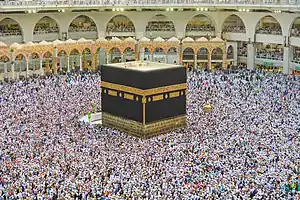
![Image 1Early 14th century depiction of Muhammad encouraging his family before the Battle of BadrThe Battle of Badr (Arabic: غَزْوَةُ بَدْرٍ Arabic pronunciation: [ɣazwatu badr]), also referred to as The Day of the Criterion (Arabic: يَوْمُ الْفُرْقَانْ, Arabic pronunciation: [jawm'ul fur'qaːn]) in the Qur'an and by Muslims, took place on 15 March 624 CE (Ramadan 19, 2 AH), near the present-day city of Badr, Al Madinah Province in Saudi Arabia. Muhammad, commanding an army of his Sahaba, defeated an army of the Quraysh led by Amr ibn Hishām, better known among Muslims as Abu Jahl. The battle marked the beginning of the six-year war between Muhammad and his tribe. Before the battle, the Muslims and the Meccans had fought several smaller skirmishes in late 623 and early 624.Initially receiving no significant opposition from the people of Mecca, who were indifferent to his proselytizing activities, Muhammad began attacking their beliefs, causing tensions. Some time later, Muhammad brought his followers to migrate to Medina after successfully negotiating with the Banu Khazraj (the tribe his great-grandmother was from) and the Banu Aws to mediate their tribal conflicts. In that city, he took a keen interest in raiding Meccan trade caravans and plundering their goods. Prior to the battle, he had just obtained rich plunder from a caravan raided by his men at Nakhla. Later, he learned that a large Meccan caravan transporting abundant goods was returning from the Levant. He then sent over 300 men to intercept it at Badr, taking them seven days to get there. Abu Sufyan, who led the caravan, got wind of his plan and sent messengers on a fast journey to Mecca for help. (Full article...)](../I/Blank.png.webp)
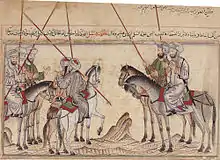

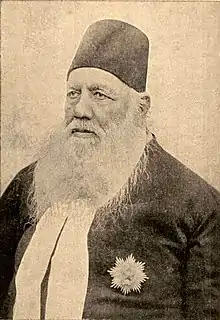
.jpg.webp)

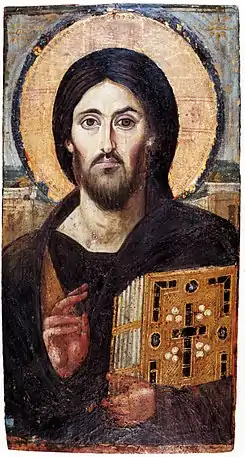

.jpg.webp)
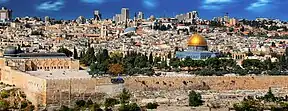

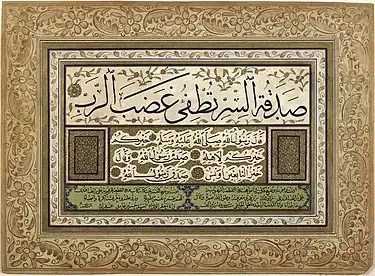

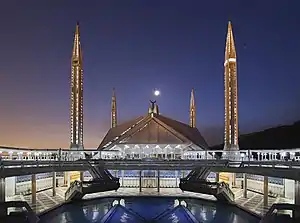
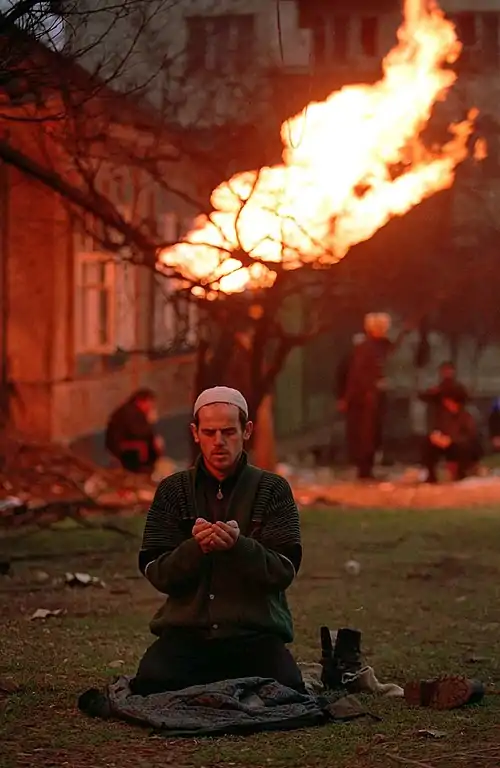
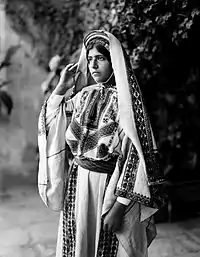
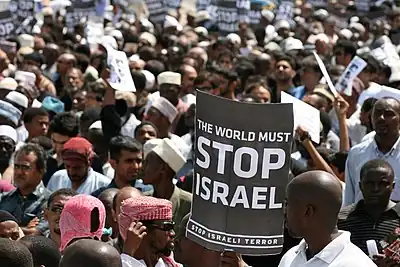
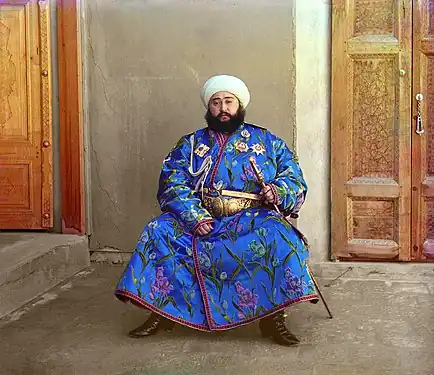
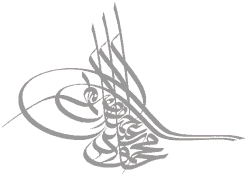
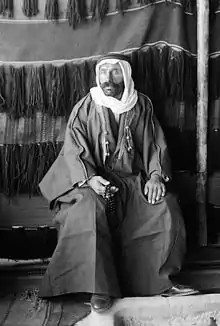
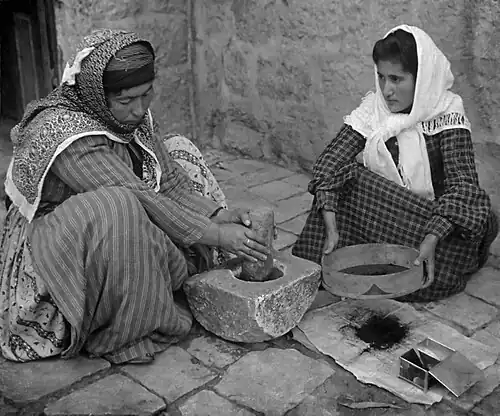
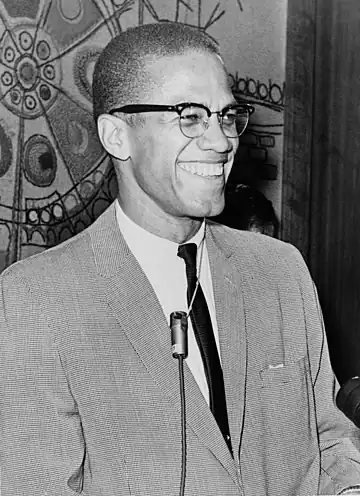
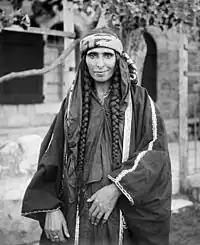


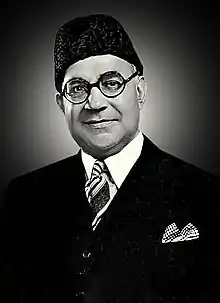
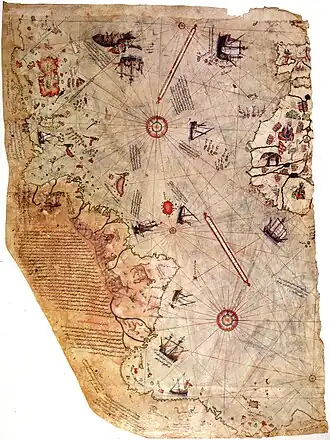

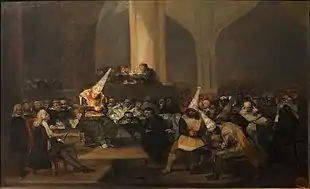
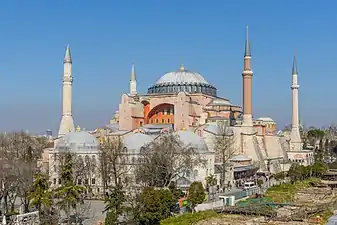
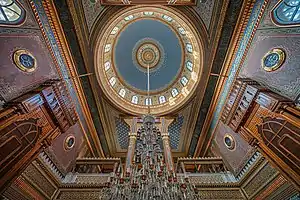
.jpg.webp)



